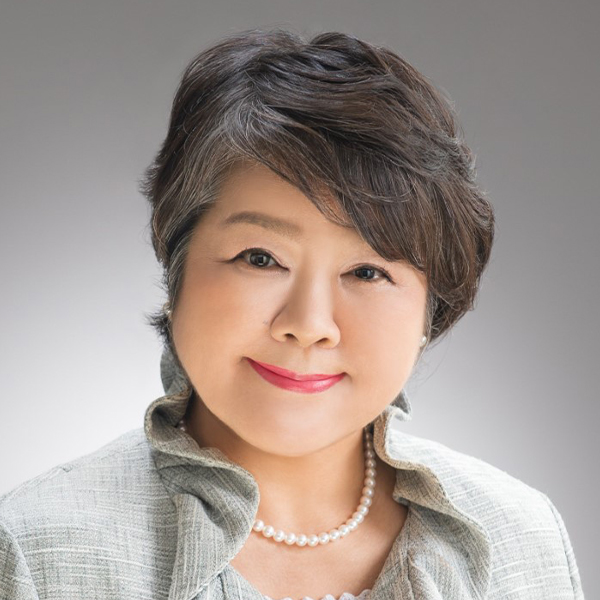
NANAKO TAMIYA
Professor, Department of Health Services Research, Faculty of Medicine and Director, Research & Development Center for Health Services, University of Tsukuba
Nanako Tamiya graduated from the University of Tsukuba School of Medicine in 1986 and received a doctoral degree in social medicine from The University of Tokyo Graduate School, Division of Medicine in 1990.
As she built up clinical experience as a local practitioner, she strongly felt the importance of consecutive assessment of medical services and went on to the Harvard School of Public Health in the U.S. in 1994 to take a master’s degree program, where she encountered health services research. Then, she became the head of a healthcare facility for elderly people and took other posts before opening Japan’s first health services research laboratory at the University of Tsukuba in 2005. She is a consistent advocate of health services research that encompasses healthcare, nursing care, and welfare. She received an encouragement award from the 60th annual meeting of Japanese Society of Public Health. She is a director of the Japan Society of Public Health.
Tamiya also serves as a panel member chiefly of the Ministry of Health, Labour and Welfare, including an expert review member of the Central Social Insurance Medical Council, a member of the expert panel on policy evaluation, and an expert member of the nursing care benefit subcommittee of the Social Security Council. She has written many academic publications and articles on healthcare and nursing care, including those in English which appeared in journals such as Lancet (Population ageing and wellbeing: lessons from Japan's long-term care insurance policy. 2011) and JAMDA (Trajectories of long-term care expenditure during the last five years of life in Japan: a nationwide retrospective cohort study. 2021). Her books include Herusu saabisu risaachi nyumon: Seikatsu to chouwa shita iryou no tameni (Introduction to health services research: For medical services harmonized with life) published by University of Tokyo Press, and Konkyo ni motozuku koureisha shisetsu kea (Evidence-based elderly facility care (representative editor, Nanako Tamiya)” by Kinpodo.
Tamiya works in teams to resolve issues from practical experiences through health services research. Her mottoes are "For high-quality medical care that is in harmony with daily life" and "Make a difference through high-quality health services research".